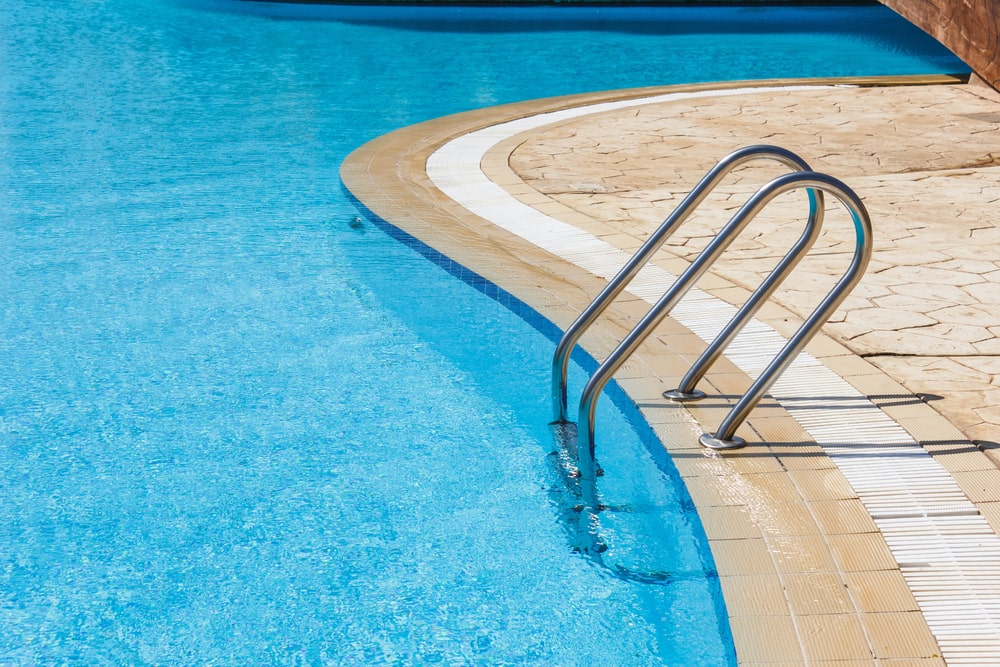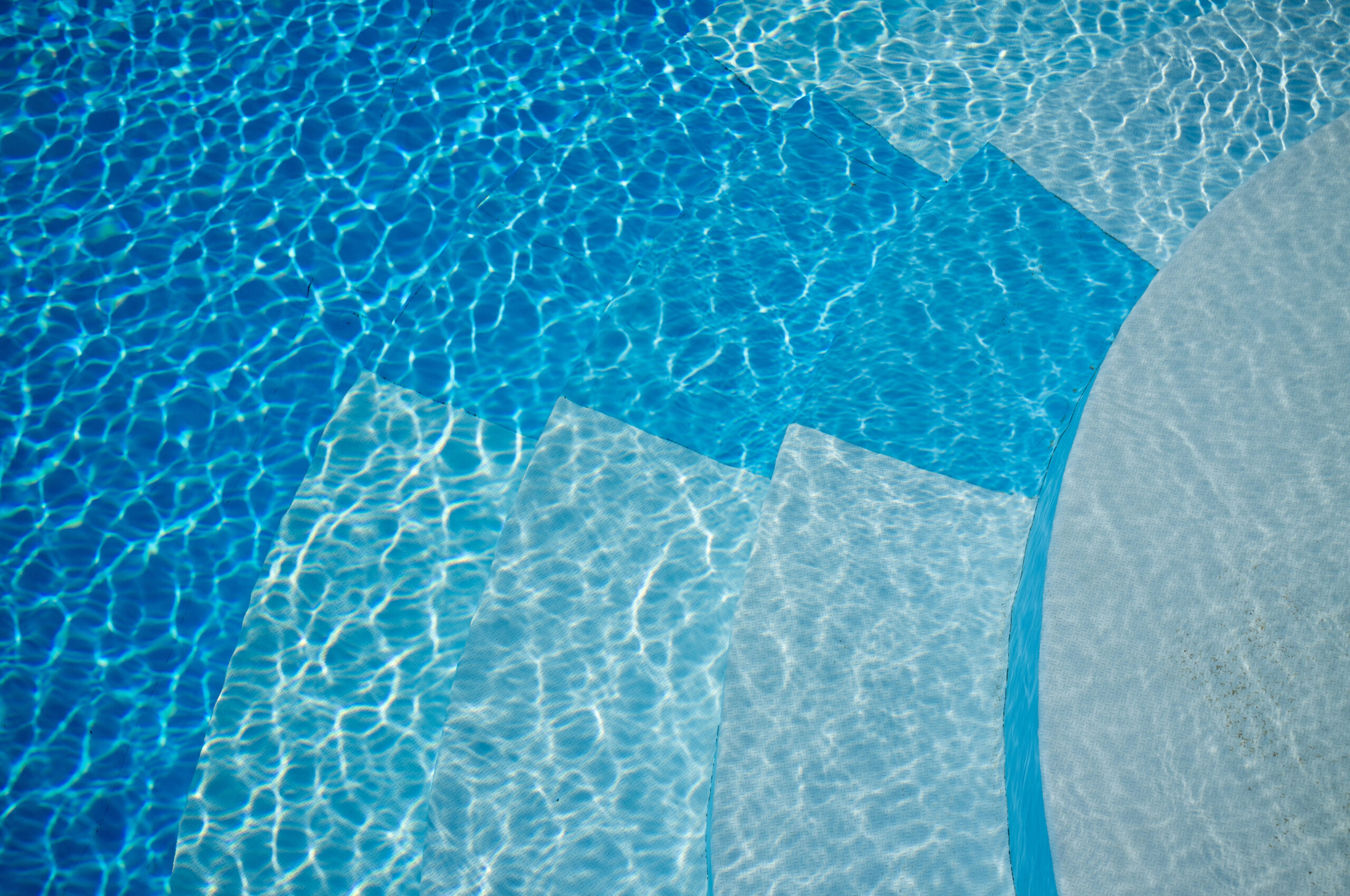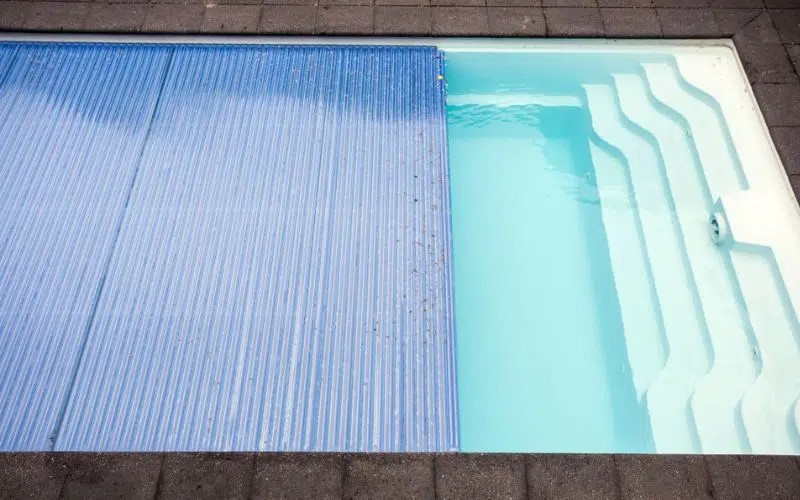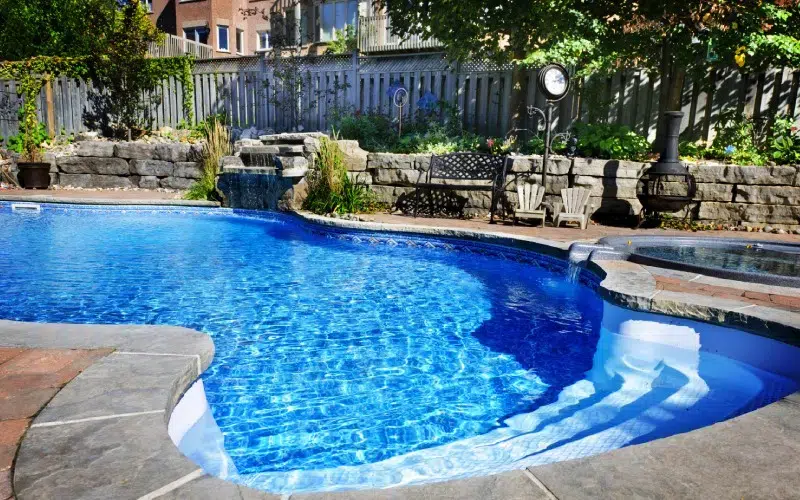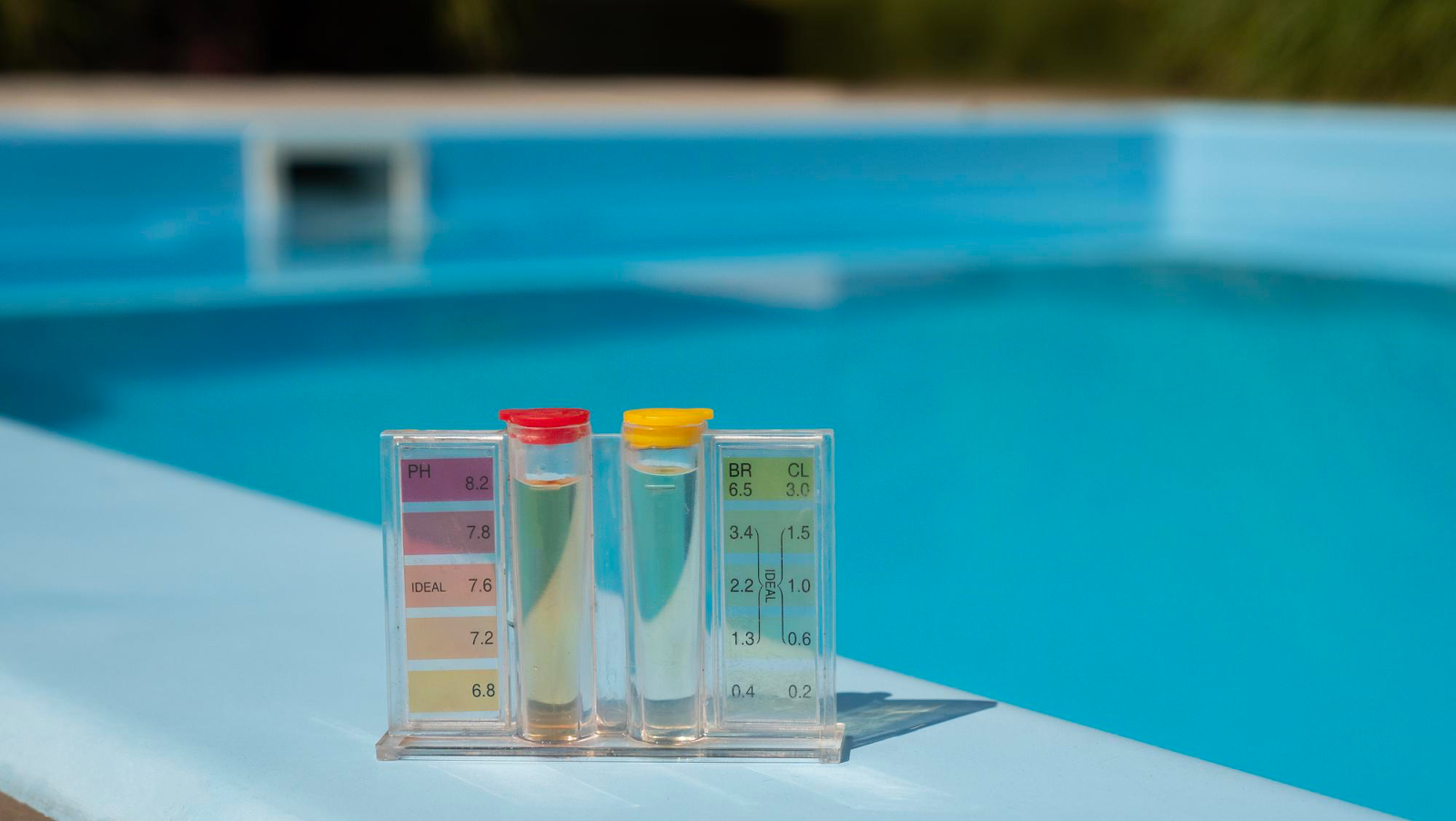As the new year kicks off, it’s the perfect time to think about enhancing your pool area with new equipment. Whether you're upgrading for safety, efficiency, or aesthetic appeal, there are several additions you can consider. From pool heaters to pool alarms, here are some suggestions to consider integrating to elevate your swimming experience as a pool owner in Toronto.
New Equipment to Consider Adding to Your Pool in 2025
1. Pool Heater
A pool heater can extend your swimming season by maintaining the water temperature. When integrating a heater, consider the following:
- Type of Heater: Options include gas, electric, and solar-powered heaters. Choose based on your pool size, climate, and energy efficiency needs.
- Professional Installation: A licensed technician can ensure the heater is properly connected to your pool system and optimized for performance.
2. Pool Automation
Automating your pool can simplify maintenance and give you greater control over its features. Pool automation systems allow you to:
- Schedule filtration cycles
- Adjust lighting and heating
- Monitor chemical levels remotely. Investing in automation reduces manual labour and keeps your pool in top condition
3. Pool Alarm
Prioritize your safety with a pool alarm; a must-have for families with young children or pets. These devices alert you when there’s unexpected activity in the water. To integrate a pool alarm:
- Choose between surface waves, underwater, or wearable alarms
- Ensure it meets local safety regulations
- Regularly test its functionality to ensure reliability
4. Pool Lights
Set the mood by adding or upgrading pool lighting can improve safety and create a stunning ambiance. LED lights are a popular choice for their energy efficiency and customizable colours. Placement matters:
- Install underwater lights for an ethereal glow
- Use landscape lighting around the pool deck for added visibility
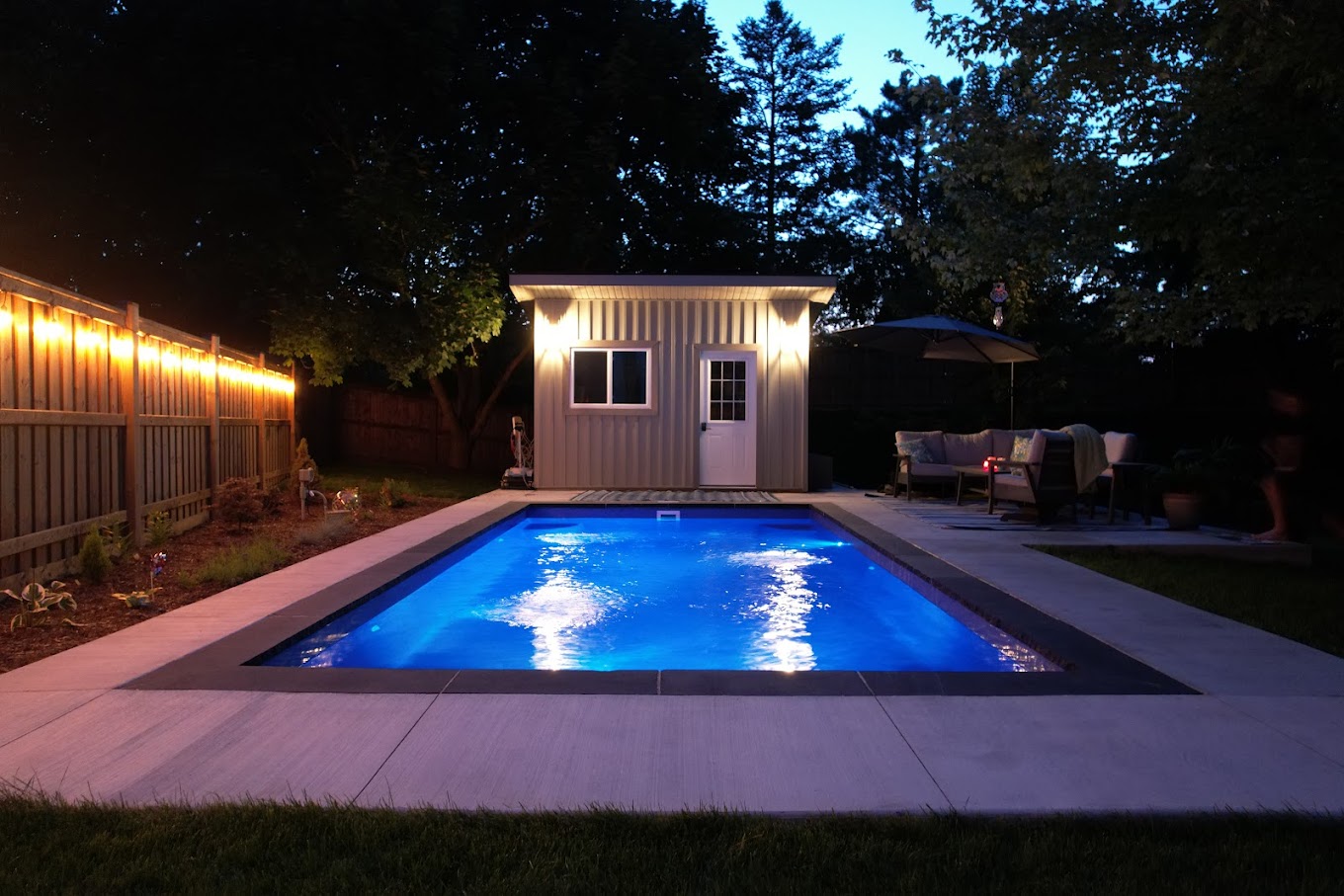
5. Ladders, Stairs or Rails
Upgraded ladders, stairs, and rails improve pool access and safety for everyone. When choosing new fixtures:
- Opt for non-slip materials to prevent accidents
- Ensure they are corrosion-resistant for durability
- Consult a professional for proper installation to meet safety standards
6. Pool Fence
A sturdy pool fence is often required by law and adds a layer of protection. When installing or upgrading:
- Choose a material that complements your pool’s aesthetic, such as glass or wrought iron
- Ensure the fence height complies with local regulations
- Include a self-latching gate for added security
7. Pool Covers
A quality pool cover offers benefits like reducing evaporation, keeping debris out, and maintaining water temperature. There are a few different types of pool covers to consider, such as:
- Automatic covers for convenience
- Safety covers for added protection
- Solar covers to cut down on heating costs
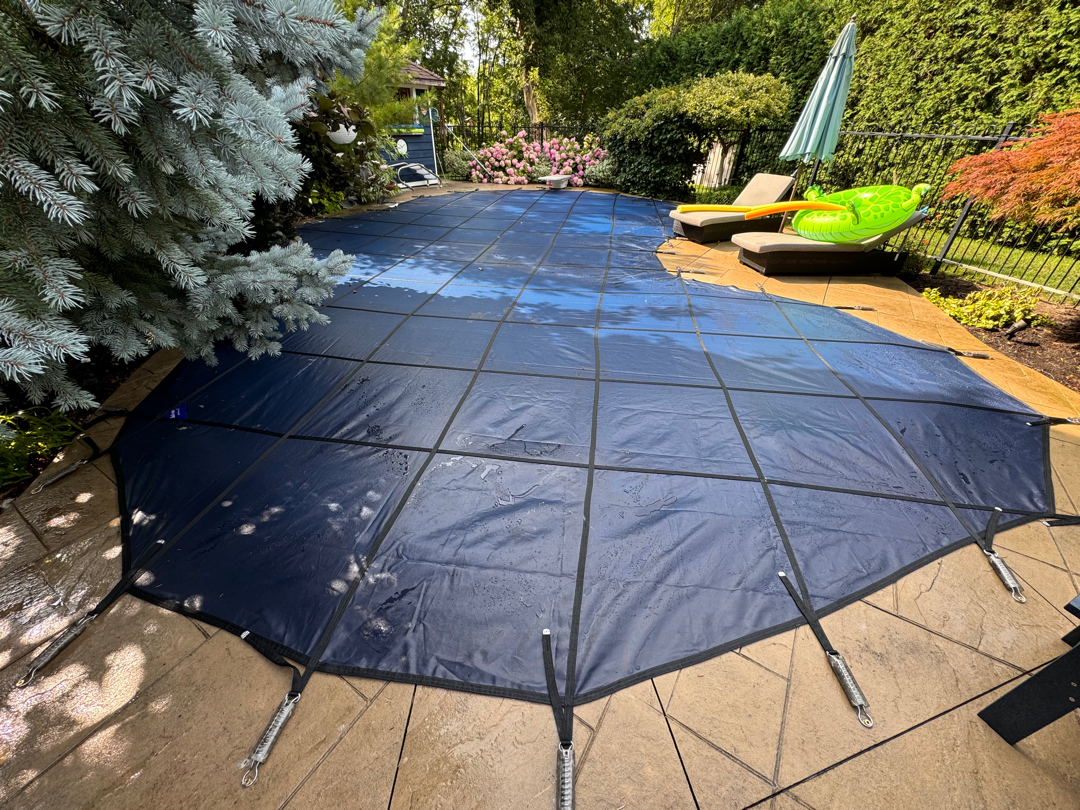
Integrating Multiple Upgrades
When adding multiple pieces of equipment, it’s essential to plan ahead:
- Create a Timeline: Prioritize safety features like alarms and fences, followed by aesthetic upgrades.
- Hire Professionals: A qualified contractor can ensure seamless integration of new features with your existing pool system.
- Check Compatibility: Ensure all components, such as automation systems and heaters, work well together.
Always Work With a Professional
For a hassle-free experience and optimal performance, it’s recommended to hire a professional pool company to handle your pool upgrades. Leaving the job to a professional ensures safety, efficiency, and long-term reliability. Pool systems involve complex plumbing, electrical wiring, and precise configurations that require specialized knowledge and tools. A professional pool company, such as People for Pools, can guarantee that the equipment is integrated seamlessly into your existing setup, avoiding costly mistakes or compatibility issues. Attempting a DIY approach might save money upfront but can lead to expensive repairs or safety hazards down the line.
Ready to Have the Best Swim Season Yet?
Upgrading your pool with the latest equipment not only enhances its functionality and safety but also adds significant value to your home. Whether you’re looking for comfort, convenience, or peace of mind, these additions are sure to make this year your best pool season yet.
Ready to dive in? Start considering what new equipment you want to integrate into your Toronto pool systems today and transform your pool into the ultimate backyard oasis!

